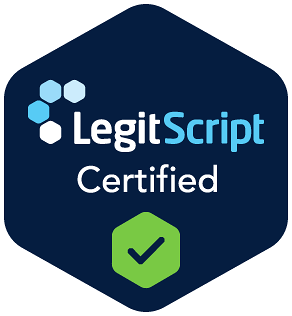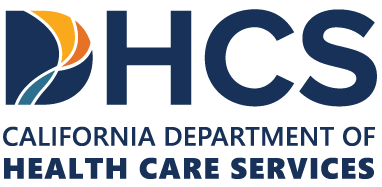The Benefits of a Flexible Treatment Plan
A rigid treatment structure can be limiting, failing to account for personal responsibilities, changing needs, or unexpected challenges. Flexible treatment plans offer many inbuilt benefits.
Personalized care for better outcomes
No two people experience addiction the same way. Factors like mental health conditions, unresolved trauma, and personal motivation all influence recovery. Tailoring treatment to the individual helps address the underlying causes of substance abuse and creates a plan that supports ongoing abstinence in the face of temptation and distraction.
Adjustments based on progress
Addiction is a relapsing condition, and recovery isn’t always linear. Some people may need intensive care at first before transitioning to a lower level of support. Others may require ongoing adjustments to their therapy methods or medication management. A flexible treatment plan ensures care delivery shifts to meet these changing needs.
Support for real-life responsibilities
Not everyone can step away from work, school, or family obligations to attend inpatient rehab. A flexible treatment plan enables individuals to receive care while maintaining their daily lives. Options like outpatient programs, virtual therapy, and evening sessions make treatment more accessible.
Stronger engagement and commitment
Individuals with a say in their treatment are much more likely to stay engaged and committed over the long haul. A plan aligning with their personal goals and lifestyle increases motivation, leading to superior outcomes.

How Treatment Plans are Customized
Every person entering treatment has different needs, so customization is a core component of the process. Here’s how flexible treatment plans are tailored to the individual.
Comprehensive assessment
The first step in creating a flexible treatment plan involves a detailed assessment. This includes:
- Substance use history (type, duration, severity)
- Mental health conditions (anxiety, depression, PTSD)
- Medical history
- Physical health considerations
- Family and social support systems
- Personal goals and preferences for treatment
This initial assessment helps the treatment team determine the optimal level of care and the most effective therapies for each individual.
Choice of treatment modalities
Flexible treatment plans utilize a mix of evidence-based therapies and holistic approaches to deliver whole-body healing. Depending on individual needs, the plan may include:
- Individual therapy: One-on-one sessions using approaches like CBT (cognitive behavioral therapy), DBT (dialectical behavior therapy), or MI (motivational interviewing).
- Group therapy: Support groups where individuals share experiences and build connections with others in recovery.
- MAT (medication-assisted treatment): For alcohol and opioid addictions, FDA-approved medications may be used to manage cravings, reduce withdrawal symptoms, and promote ongoing abstinence. MAT is most effective when combined with behavioral therapies like CBT.
- Family therapy: Helping loved ones understand addiction and rebuild healthier relationships through improved communication.
- Holistic interventions: Activities like yoga, meditation, art therapy, and exercise programs to support physical and emotional well-being.
Each flexible treatment plan is built around the individual’s needs and preferences, ensuring they receive the right combination of therapies for their recovery.
Levels of care that adapt over time
Recovery is a process, and different levels of care may be needed at various stages. A flexible treatment model enables individuals to move between levels as needed. These may include:
- Detox: For those needing medical supervision during drug or alcohol withdrawal.
- Residential treatment: A structured, immersive program for those with severe addictions requiring 24-hour support.
- PHP (partial hospitalization program): A step-down from residential rehab, offering intensive treatment during the day while allowing individuals to return home at night. PHPs usually involve 25 to 35 hours of weekly therapy sessions.
- IOP (intensive outpatient program): A structured but flexible program of at least 12 hours per week that allows people to maintain their everyday commitments while receiving therapy several times weekly.
- Outpatient therapy: Ongoing counseling and support for those in long-term recovery.
This continuum of care ensures that each person receives the appropriate level of treatment without feeling stuck in a program that no longer services their needs.

Embracing Change in Recovery
Recovery is a lifelong journey, and flexibility helps people stay on track regardless of roadblocks. A treatment plan should evolve as individuals gain fresh insights, overcome challenges, and reach milestones. Individuals can adjust their plans by working closely with therapists and medical professionals to ensure continued progress.
At The Retreat, we believe in meeting people where they are and providing the support they need to move forward. If you need help recalibrating your life from drug or alcohol addiction, reach out today and learn how we can help create a flexible treatment plan for you to achieve this.








